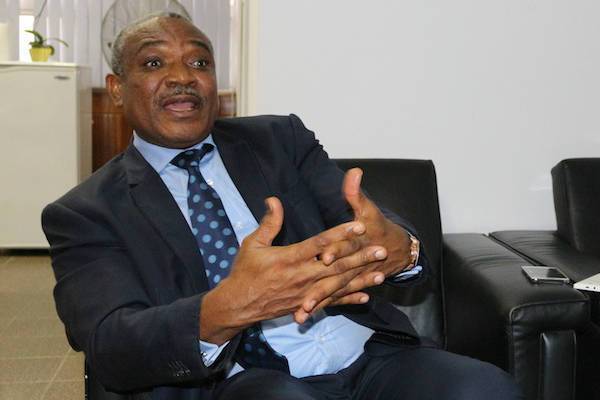The Special Presidential Investigation Panel for the Recovery of Public Property (SPIP) says it has recovered about N118 million from two commercial banks in the country.
The panel’s Head, Media and Communication, Ms Lucie-Ann Laha made this known in a press statement in Abuja on Tuesday.
According to her, the recoveries were made as a result of findings by the panel’s investigation into accounts of the Federal Government Agencies operated by commercial banks from 2009 to 2015.
“The panel refrains from naming the banks in question, in order to prevent panic among their customers.”
She said that the panel had earlier assigned a team of forensic auditors, the task of x-raying operations of Federal Government accounts domiciled in all commercial banks in the county within that period.
This, Laha said, was with a view to establishing whether or not such accounts had been subjected to arbitrary or excessive charges, interest shortfalls, accrued interests or other illegal dealings.
“Arising from its findings, the panel, in a letter dated January 19, 2019, issued demand notices to the banks that were found wanting, for the amounts the audit team had arrived at.
“The banks however, disagreed with the figures quoted by the panel’s auditors, following which the panel and the banks held joint accounts reconciliation meetings.
“It was then ascertained and agreed that the first of the two banks would refund N40, 336,186.
“It was also agreed that the second bank will refund N77,048,825 in three installments from May to July 2019.
“The first of the banks in question which has since paid its indebtedness being the sum of N40, 336,186 into the panel’s Recovery Account domiciled with the Central Bank of Nigeria (CBN), also agreed to refund the sum of $56,919.10, to the coffers of the Federal Government,” Laha said.
The spokesperson however, said that these recoveries were different from the $20 million earlier reported by the panel.
She further said that the panel remained resolute in its commitment to recover looted public property and bring to book all who contributed to the economic adversity of Nigeria in line with its mandate.







